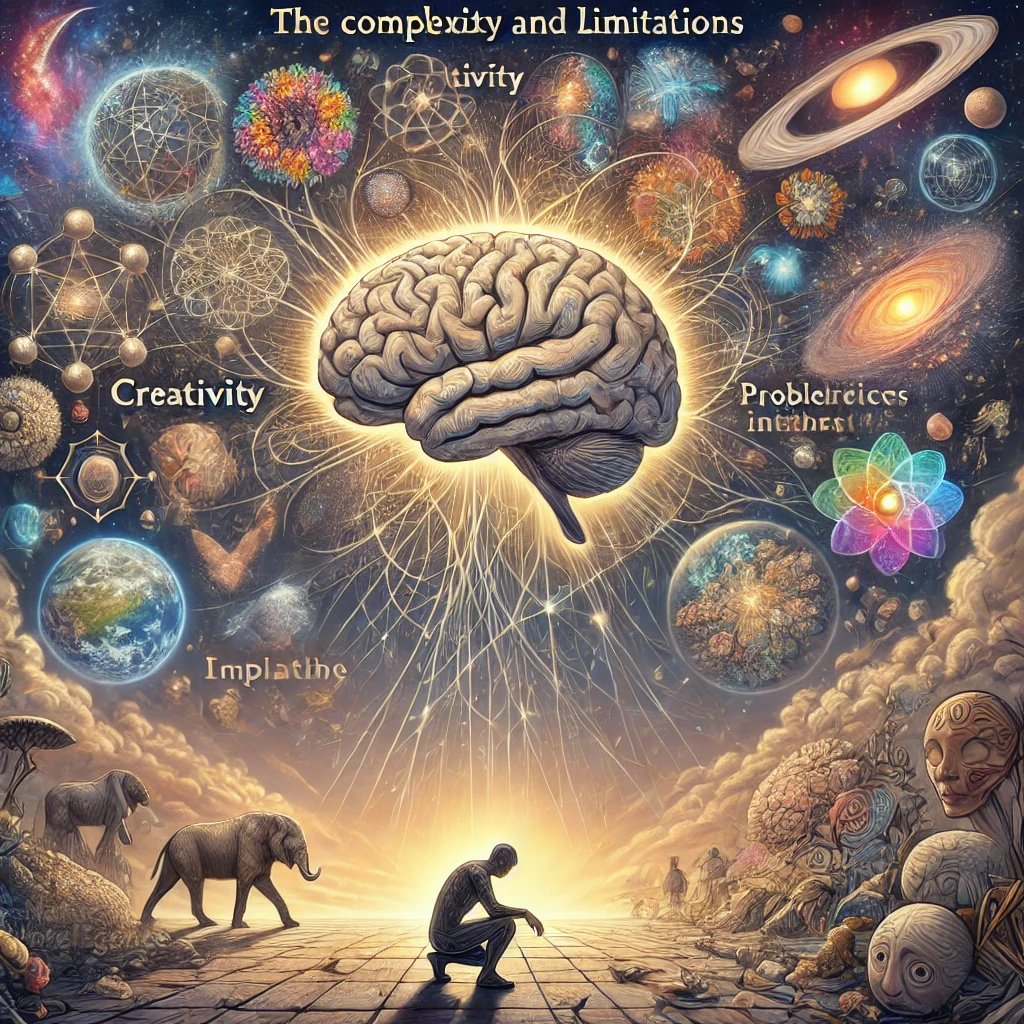
The human brain is often hailed as the most complex object in the universe. This claim has been repeated so often that it has taken on an air of unquestionable truth. But is it really accurate? The answer is a resounding no.
Arrogance of Assumption
To claim that our brains, products of evolution and constrained by biology, are the pinnacle of complexity seems rather arrogant. We are, after all, just one species on a planet teeming with life, each with its unique form of intelligence. And even within our own species, there’s immense diversity in cognitive abilities.
Furthermore, the vastness of the universe, with its countless galaxies, stars, and planets, suggests a level of complexity that dwarfs our understanding. To assume our brains have somehow unlocked the secrets of the cosmos is a stretch.
Limitations as Proof
The very limitations of our brains suggest they aren’t the ultimate measure of complexity. We struggle with multitasking, our perception of time is skewed, and our senses are limited to a narrow range of frequencies. These constraints point to the fact that our brains, while remarkable, are still bound by biological and physical laws.
Consider other animals. Does a dog understand its cognitive limitations? Can a monkey grasp the vastness of the universe or contemplate the nature of consciousness? It’s unlikely. Why should we assume that we’ve somehow transcended these limitations?
The Evolution of Intelligence
Our brains are undoubtedly complex, but their complexity results from millions of years of evolution, shaped by the need to survive and adapt to our environment. We still need to reach the pinnacle of intelligence. Evolution is an ongoing process; other species may have developed different forms of intelligence that we can’t even comprehend.
Even within our own species, intelligence is not a fixed quantity. It’s influenced by genetics, environment, and education. While we’ve made tremendous strides in understanding the brain, we’re still far from unlocking its full potential.
Embracing Our Limitations
Instead of viewing our limitations as a failing, we should embrace them as opportunities for growth and discovery. By recognizing that our brains are not all-knowing, we open ourselves up to the possibility of learning from other species, cultures, and the vast universe surrounding us.
Our brains are incredible tools, capable of remarkable feats of creativity, problem-solving, and empathy. But they are not without limits. By acknowledging those limits, we can approach the world with a sense of humility and curiosity, eager to learn and grow beyond the confines of our own understanding.
Let’s celebrate the wonder of the human brain, but let’s also acknowledge its limitations and embrace the endless possibilities that lie beyond our current comprehension. Our ignorance lies the most significant potential for discovery and proper understanding.